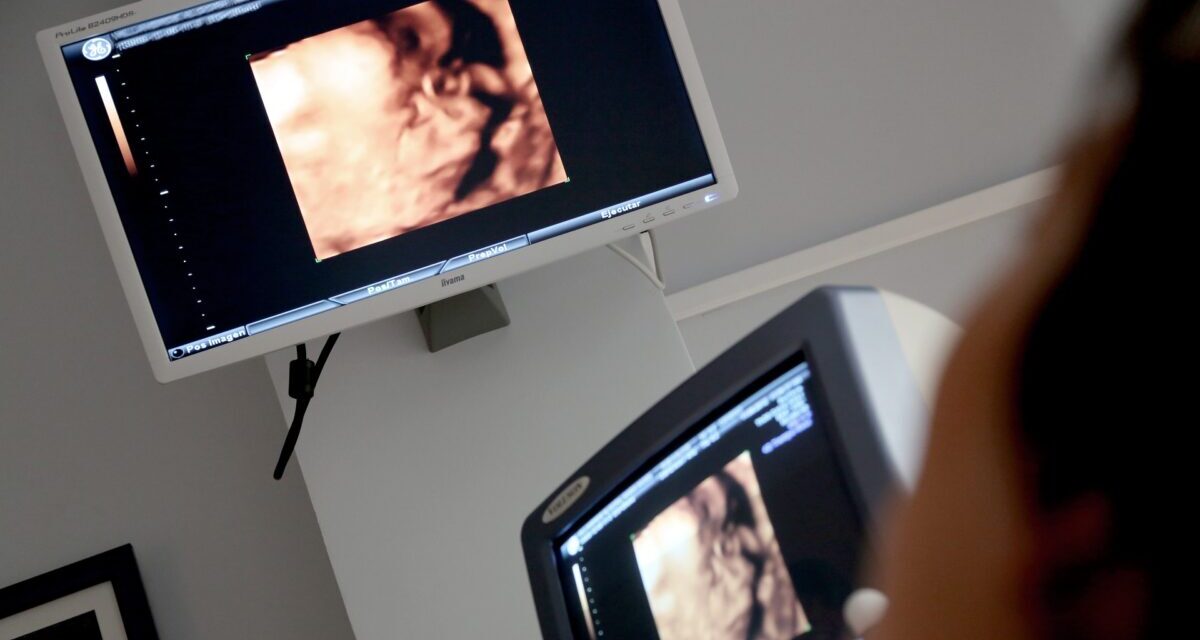According to experts, changes in the family model and economic uncertainty both contribute to the rapid increase in abortions.
In France, the number of abortions has risen to nearly 242,000 by 2023, up from 215,000 in the previous two decades. These figures were reported by Le Monde. After 1975, when abortion became officially legal, the number of abortions gradually declined and stabilized between 205,000 and 215,000 per year in the early 1990s. This was also related to the spread of contraception. Magali Mazuy and Justine Chaput, demographers of the National Demographic Research Institute (INED), explain the decline in the number of births since 2010 .
The family model is changing, marriage and childbearing are less and less of a priority for couples.
Women focus on their careers and have their first child at an average age of 29 (five years later than in 1974). In an interview with Le Monde, gynecologist Sophie Gaudu believed that economic and political reasons also contributed to the increase in the number of abortions.
"The weakening of purchasing power, the crisis in the housing market, the geopolitical situation associated with the war in Ukraine and the conflict in the Middle East, as well as difficulties in finding a job hinder maternity projects"
- highlighted the expert. It is also noteworthy that France was the first to include the right to abortion in its constitution this year.
By the way, the above statistics are not limited to France. In the Netherlands, between 2022 and 2023, the number of aborted pregnancies increased by 10 percent. The same is true for the UK, where a 17 percent increase has been recorded between 2021 and 2022. The explanations all indicate that financial insecurity is increasing in Europe, reports the V4na.com news agency.
Cover image: Illustration / Pixabay













